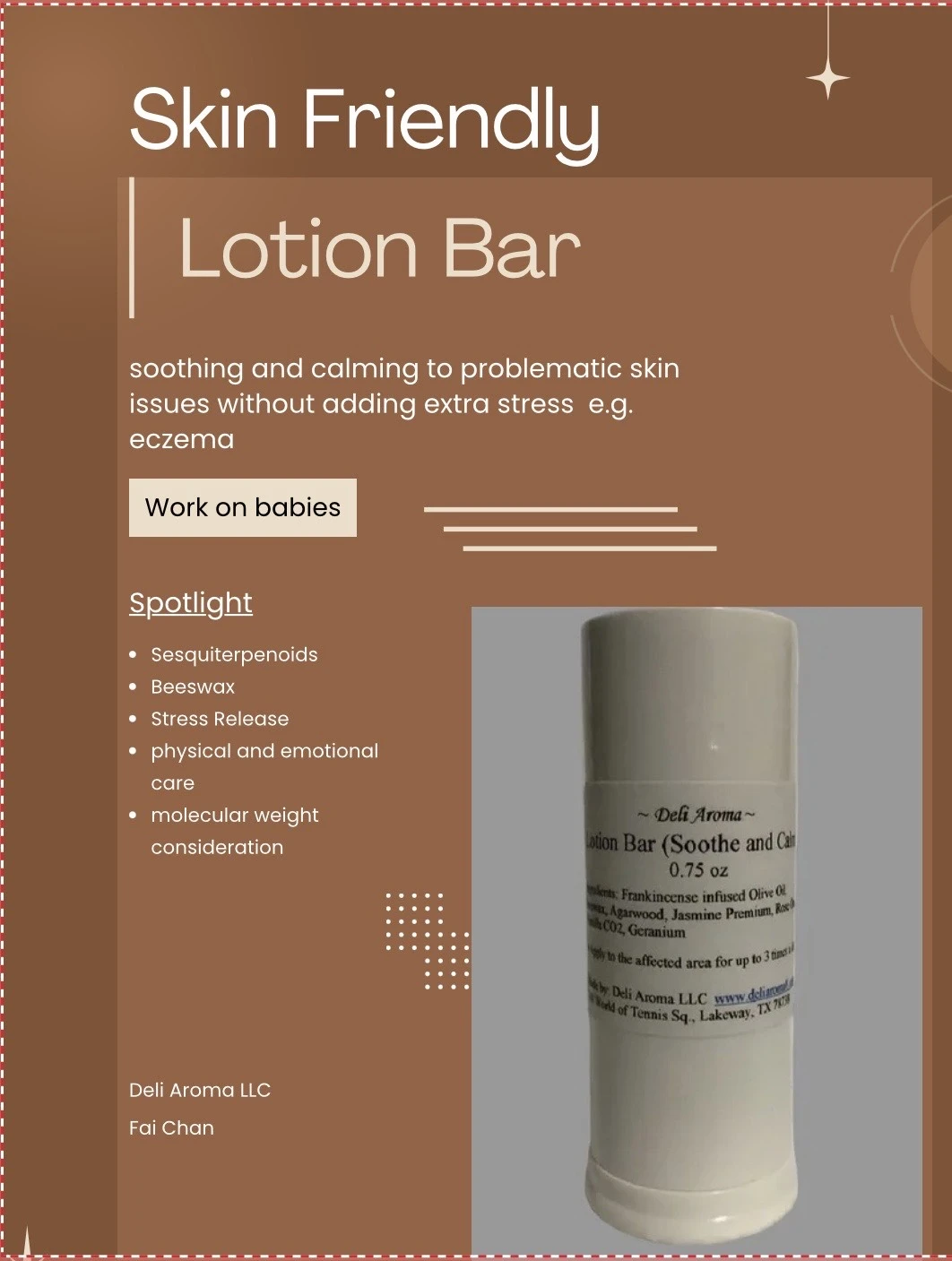Indexed In
- Open J Gate
- Genamics JournalSeek
- ResearchBible
- RefSeek
- Directory of Research Journal Indexing (DRJI)
- Hamdard University
- EBSCO A-Z
- OCLC- WorldCat
- Scholarsteer
- Publons
- MIAR
- Euro Pub
- Google Scholar
Useful Links
Share This Page
Journal Flyer

Open Access Journals
- Agri and Aquaculture
- Biochemistry
- Bioinformatics & Systems Biology
- Business & Management
- Chemistry
- Clinical Sciences
- Engineering
- Food & Nutrition
- General Science
- Genetics & Molecular Biology
- Immunology & Microbiology
- Medical Sciences
- Neuroscience & Psychology
- Nursing & Health Care
- Pharmaceutical Sciences
Nano-porous three dimentional metal-organic frameworks with potential for drug delivery, selective gas adsorption and heavy metal ion removal
International Conference on Biochemistry
October 10-12, 2016 Kuala Lumpur, Malaysia
Ali Morsali and Vahid Safarifard
Tarbiat Modares University, Iran
Scientific Tracks Abstracts: Biochem Anal Biochem
Abstract:
In the domain of health, one important challenge is the efficient delivery of drugs in the body using non-toxic nanocarriers. Up until now, two routes have been set up: The ‚??organic route‚?Ě, which uses either biocompatible polymers and the ‚??inorganic route‚?Ě, in which the hosts are inorganic porous solids, such as zeolites or mesoporous silicate materials. Most of the existing carrier materials show poor drug loading and rapid release of the proportion of the drug that is simply adsorbed at the external surface of the nanocarrier. Herein, we introduce a third way: Porous inorganic-organic hybrid solids. Metal-organic frameworks (MOFs) are a new class of hybrid crystalline materials composed of organic linkers and metal nodes, with a diversity of structural characteristics and the nature of the pore surface. These materials have unquestionably enormous potential for many practical structure-related applications. This includes the more traditional areas of storage, separation or controlled release of gases, catalysis, sensing, and drug delivery. In this regards, we would like to introduce our azine/amide-functinalized pillar-layered TMU MOFs (TMU = Tarbiat Modares University) as potential drug delivery systems. For instance, the two 3D porous Zn(II)-based MOFs, containing azine-functionalized pores, [Zn2(oba)2(4-bpdb)]¬∑(DMF)2 (TMU-4) and [Zn2(oba)2(4-bpdh)]¬∑(DMF)2 (TMU-5) have showed acceptable capture of CO2 with CO2/ N2 selectivities of ~25 at 298 K. Moreover, a new MOF, TMU-30, based on isonicotinate N-oxide as an adsorptive site has been used for fast and highly efficient aqueous phase adsorption of Cr(VI) over a pH range of 2‚??9. Combination of high and regular porosity with the presence of functionalized-organic groups within the TMUs can cumulate the advantages to achieve both a high drug loading and a controlled release.
Biography :
Ali Morsali received his BS (1995) and MS (1999) in Coordination Polymers from Kharazmi (Tarbiat Moallem) and Zanjan Universities respectively, and his PhD (2003) in Inorganic Chemistry from Tarbiat Modares University under the supervision of Professor Alireza Mahjoub. He is currently a faculty member in the Department of Chemistry of Tarbiat Modares University. He has been a Full Professor at the Tarbiat Modares University since 2011. His research interests include the solid-state reactivity involving coordination polymers and rational design and synthesis of metal-organic frameworks and their application in clean energy field and gas storage.
Email: morsali_a@modares.ac.ir


